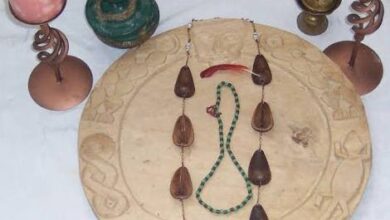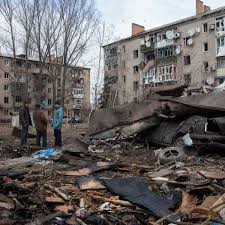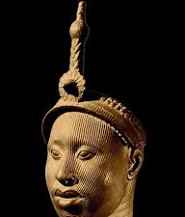Insecurity in North-Central Nigeria: Beyond Grass and Water

The upsurge in Jihad
By
Prof. Zacharys
Gundu
A sobering security round table at the University of Mkar, Mkar has peeled back the layers of Nigeria’s escalating insecurity crisis, spotlighting the North-Central region as a major battlefield for survival, sovereignty, and identity.
Presenting the report titled “Insecurity in North-Central Nigeria: Beyond Grass and Water,” ZacharysAnger Gundu, representing First Up Consultants, described the Nigerian security crisis as “more than communal disputes” and “a multi-billion dollar industry” intricately tied to illicit exploitation of natural and cultural resources.
External Invasion and Internal Complicity*
The presentation alleged a growing nexus between foreign actors and local collaborators, including some traditional rulers, state officials, and businessmen, in a calculated takeover of land and livelihood in the North-Central region. Some of the armed groups, according to Gundu, come from as far as 2,899 kilometers away, supported by helicopters, drones, and logistical backing from within Nigeria.
“There are perpetrators who are not Nigerians… they are invited in by local Fulani elements under the guise of shared ethnicity,” he said.
Merging Threats: From Banditry to Jihad
Gundu warned of the fusion between bandits, Fulani militia, Boko Haram, and jihadist networks, resulting in sophisticated violence in communities, farmlands, and even places of worship. Innocent Nigerians, he noted, are killed in their sleep while politicians continue to play politics with citizens’ lives.
He accused the Nigerian security architecture of failing, citing an alarming absence of accountability, militarization of internal crises, and over-centralized security management with no clear protocols for local army deployment.
The Sahel, Islam, and a Growing Youth Crisis
According to the paper, environmental stress, population surges, and ideological expansion are fueling the crisis. With desertification pushing nomads southward and Islamic populations surging, the region is experiencing demographic pressure with devastating consequences for land, governance, and security.
Gundu warned that by 2030, Nigeria is expected to be the 6th most populous country in the world, with a Muslim majority and millions of out-of-school youth vulnerable to radicalization.
Foreign Interference and Global Rivalries*
The round table also questioned the role of global powers, suggesting that Nigeria’s internal disintegration may be engineered or exploited by countries like the U.S., China, Russia, and India, all vying for influence over the oil-rich and geopolitically strategic Gulf of Guinea.
“Instability opens the doors for easier access to our resources… could insurgencies be aided as tools of manipulation?” the presenter asked.
He also raised critical questions about NGOs, the CIA, and subversive aid strategies, echoing long-standing suspicions about the Western role in African conflicts.
Benue, Nasarawa, and Taraba: Regional Tensions*
Benue State, repeatedly hit by violent attacks, was spotlighted as a symbol of state failure. The speaker called for immediate enforcement of anti-open grazing laws, the return of internally displaced persons (IDPs) to their ancestral lands, and regional unity among North-Central states to confront the invasion head-on.
Call to Action: A Regional Awakening
The presentation ended with a fierce call for political leadership in the North-Central to rise above party lines and put security, dignity, and survival of their people first.
“If foreign terrorists are fighting deep into our country and gaining territory, at whose instance are they fighting?” Gundu asked.
Recommendations from the Roundtable Include:*
- Full enforcement of anti-open grazing laws
- Regional security collaboration between Benue, Nasarawa, and Taraba
- Return and compensation for IDPs
- A unified Middle Belt political voice on security
- Secular preservation of the Nigerian state
- Full prosecution of collaborators, both foreign and local
As the country inches toward a critical population and security tipping point, Gundu’s presentation is a clarion call: Nigeria’s North-Central is not just a battleground — it is the soul of the nation’s survival.
A paper presented at the University of Mkar, by Prof. Zacharys Anger Gundu — Security Round Table, University Chapel | June 5, 2025





